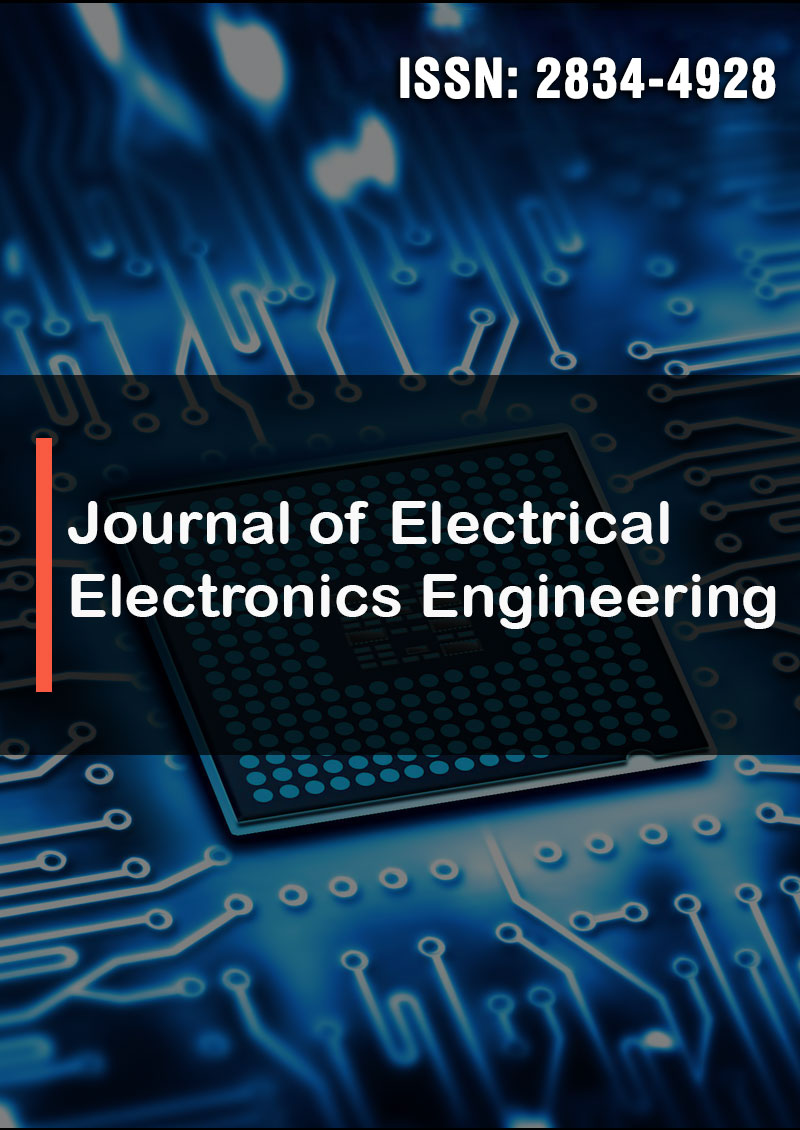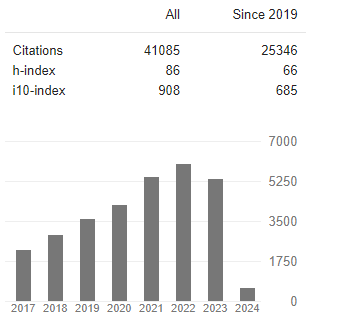Smart Education with Deep Learning and Social Media for Disaster Management in the Pursuit of Environmental Sustainability While Avoiding Fake News
Abstract
Zair Bouzidi, Abdelmalek Boudries and Mourad Amad
Networking continues to increase day by day to invest increasingly our daily, creating huge volume of various and precise data: it is not easy to collect content, especially in crisis times. We focus on Smart Education proposed as primary tool of a hybrid of Deep Convolutional Neural Networks (CNN)-Long Short-Term Memory (LSTM)-based model to retrieving content efficiently: CNN is used to extract meaningful features from multiple sources, enabling to have qualitative and sure infor- mation, notably with an efficient fake news security, and LSTM is used to maintain long-term dependencies in the extracted features with recurrent connections. This model has been compared to previous approaches to the performance of a publicly available dataset to demonstrate its highly satisfactory performance. This new approach makes it possible to integrate arti- ficial intelligence technologies, deep learning, social media and detecting or avoiding fake news into the crisis management model.
It is based on an extension of our previous approach, namely disaster management based on short-term memory and educa- tion: this experience constitutes a background for this model. It combines representation training with awareness and educa- tion, while retrieving pattern information by combining various search results from multiple sources. We have extended it to improve our disaster management model and evaluate it in the case of Covid-19 while obtaining promising results, through past programs and experience that have shown overwhelmingly positive effects of education for vulnerability reduction and disaster risk management, in the pusuit of Environmental Sustainability.




